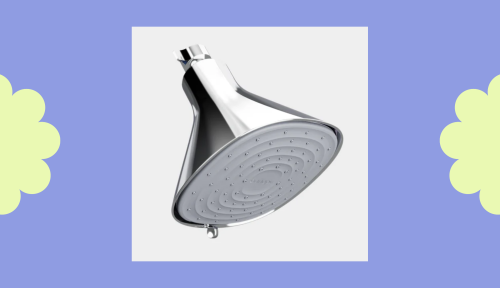The word “biohacking” may conjure images of Silicon Valley coders in a computer lab and mad-scientist–esque experiment scenes, but in reality, it’s about the tiny ways you can improve your body inside and out. Or, as CEO of functional medicine practice Parsley Health Robin Berzin, MD, put it in a recent Facebook Live, “the principles and practices that help us feel better and help us optimize our health.”
You’re likely going to become extremely familiar with the buzzy term this year: It can help you optimize your morning cup of coffee and your orgasms alike. And while it might sound like a complicated workload to take on, the Well+Good Council member and functional medicine practitioner says all you need in order to start biohacking your body is an alarm clock.
Ever been up late enough that you feel like you’ve just received a second boost of energy? Dr. Berzin said that’s because for most people, staying up past 11 or 11:30 p.m. can result in a second spike of cortisol, the stress hormone that signals our bodies to get up and go.
“If your cortisol level is coming down, but then you stay up too late and it bumps again, that can create a disrupted sleep—a lighter sleep that’s not going into as many REM cycles.” —Dr. Robin Berzin
“Cortisol starts high in the morning and then it comes down over the course of the day,” Dr. Berzin said. “If it’s coming down, but then you stay up too late and it bumps again, that can create a disrupted sleep—a lighter sleep that’s not going into as many REM cycles.”
To avoid this, be mindful about going to bed earlier, maybe by 10 p.m., so you miss that second-wind hour, and end up enjoying a night of high-quality sleep. That’s right, biohackers: According to Dr. Berzin, not all eight-hour windows of shut-eye are created equally. Snoozing from 10 p.m. to 6 a.m. can feel more refreshing than from 11 p.m. to 7 p.m.
Add this to the mounting list of reasons why you should really try to become a morning person.
Watch the full Facebook Live chat with Dr. Robin Berzin about biohacking below.
Want to make habits out of the healthy things wellness superstars do? Science says you should do it in the morning.
Sign Up for Our Daily Newsletter
Get all the latest in wellness, trends, food, fitness, beauty, and more delivered right to your inbox.
Got it, you've been added to our email list.










